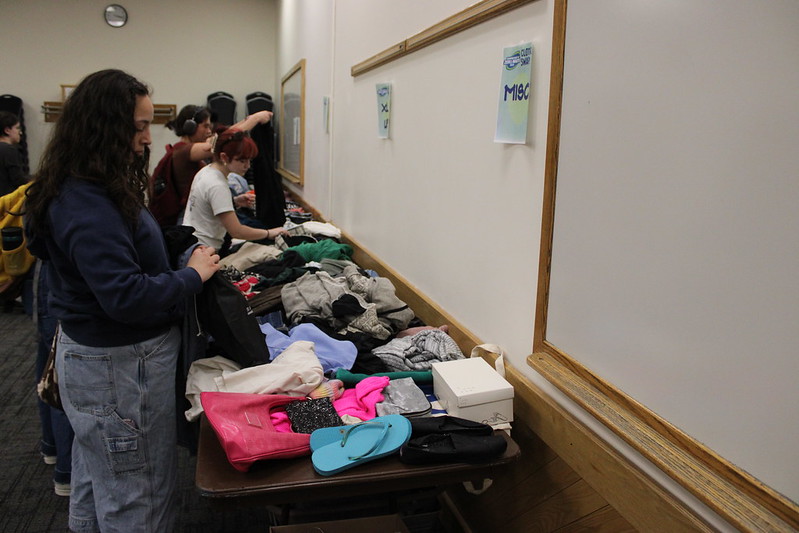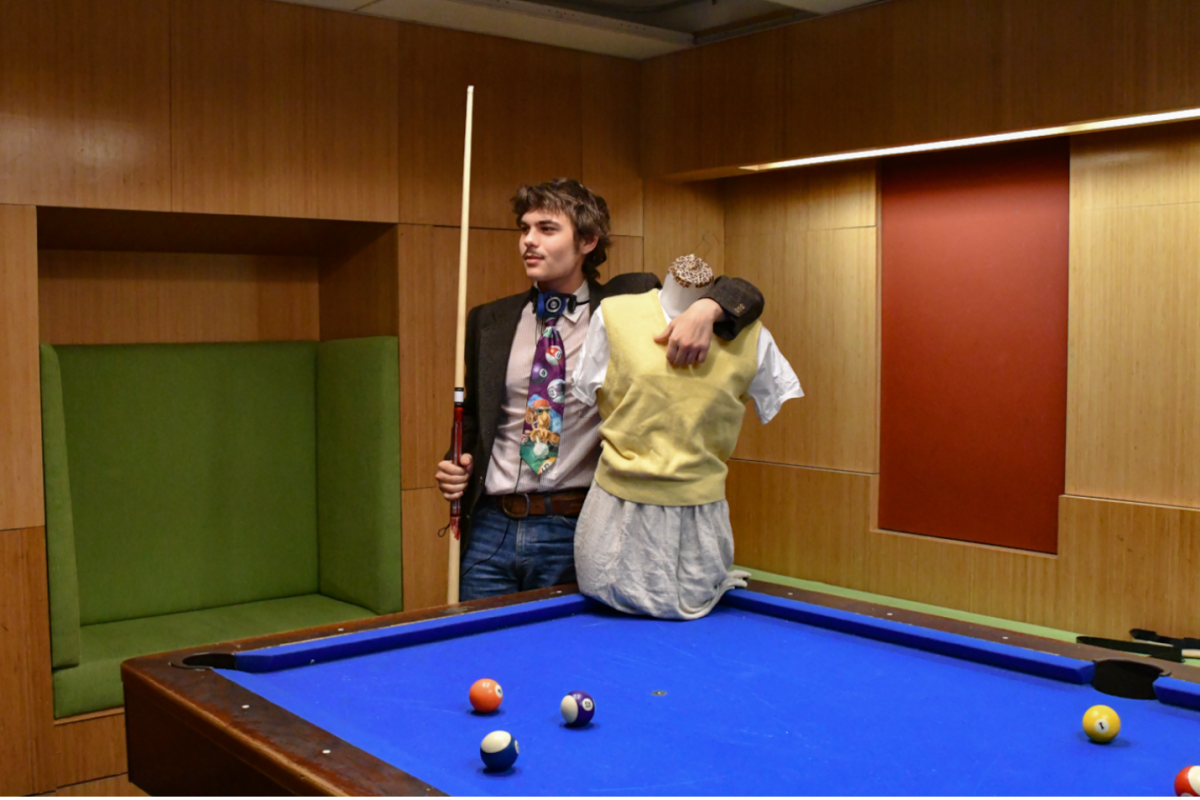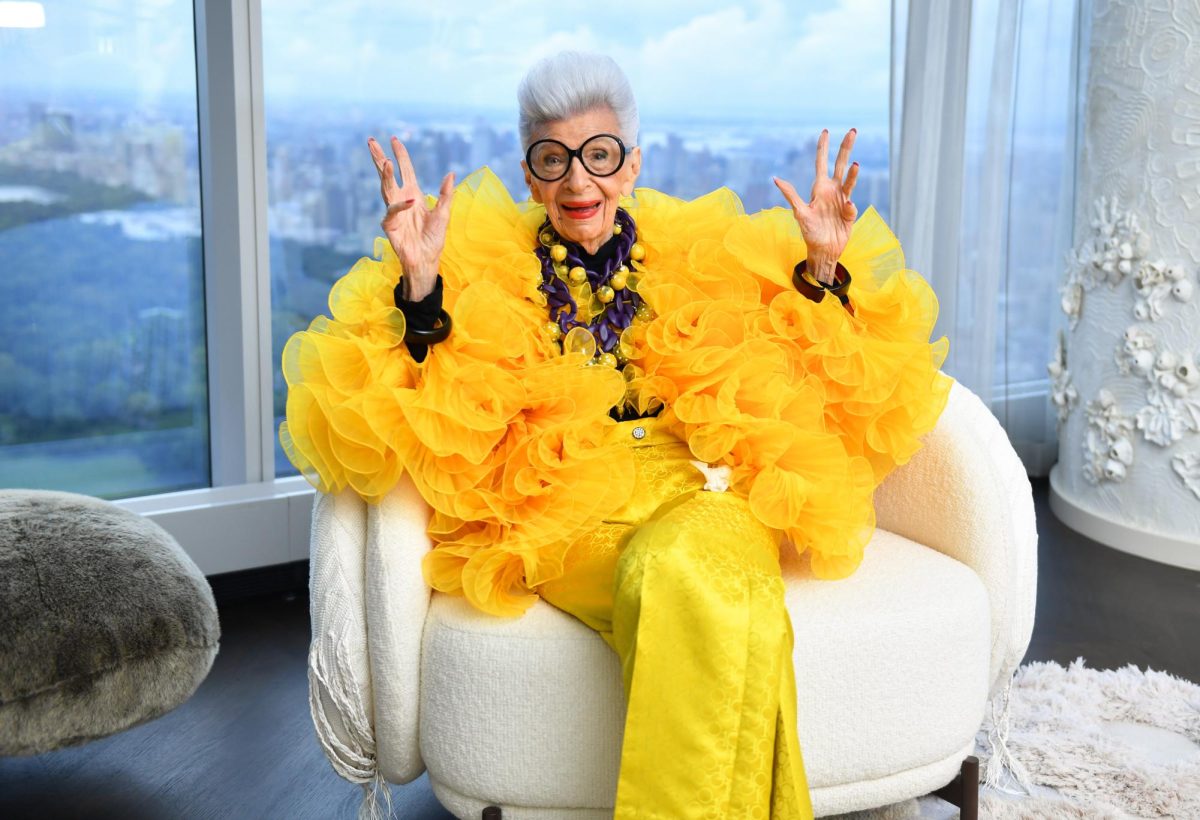
I read a lot of dystopian fiction when I was younger. Some of it was assigned. We read the typical trifecta of “Fahrenheit 451,” “1984” and “Brave New World” before junior year of high school. I picked up “A Clockwork Orange” in my spare time.
These books radiate chaos – from youth and state violence, anti-intellectualism, capitalism and totalitarianism. They tend to appear on syllabi to introduce some form of social consciousness to students in a justifiably didactic manner. Plenty of students might shrug off their ham-fisted critiques with a groan – as if any of these novels and others like them were only history lessons.
In September, esteemed writer and journalist Ta-Nehisi Coates visited Amherst College to deliver a talk on racism in the United States. He argued that much of the 2016 presidential election was an effort to reassert the notion of “American innocence,” and explained how the infrastructure of the country was a direct, intentional product of slavery.
America was a dystopia from its inception – founded on the genocide of one population and built on the violent exploitation of another. And on Nov. 8, a fascist named Donald Trump was elected president. His campaign held a mirror to the evils that have burned in the United States since its origin – white supremacy, misogyny, xenophobia, queerphobia, transphobia, ableism and classism – and last Tuesday’s result ignited hundreds of hate crimes across the country.
There is no place for denying history, and there’s no longer any room for the kind of arrogance that led so many to assume that Trump would never win.
Neither history nor art exist in a vacuum, and it’s harmful to assume that they do. Generations of artists – like the authors of those four books – created work that speaks to the issues of their day and beyond. If a work does not critique the ideologies of its time, it either illustrates them in some way or actively upholds the oppressive status quo.
In 1915, director D.W. Griffith released “The Birth of a Nation,” a silent epic still held as a milestone of film history. Its technical advancement largely motivated recognition of film as an art form. It’s also an openly racist piece of ahistorical fiction that paints the Ku Klux Klan as heroes – and it was the first movie officially screened in the White House. Over a century later, a man endorsed by the KKK is on his way to Washington, as Klansmen celebrate in the streets.
1920 Brought “The Cabinet of Dr. Caligari” into the world, a movie that became a calling card not just for director Robert Wiene but also the entire German Expressionist movement. It follows the plight of a man named Francis as he tries to stop an entranced sleepwalker’s killing spree, and ends with Francis locked away in an asylum by the psychiatrist responsible for hypnotizing the murderer. The twist leaves reality unclear, but the authoritarian implications resonate.
1921’s “The Sheik” and its 1926 sequel “The Son of the Sheik” exemplify other forms of violence that persist in the present. In the sequel, the titular character sexually assaults Yasmin, a woman who then falls in love with him – an arc emblematic of rape culture that still pervades society. Both films cast Rudolph Valentino as an Arab man, a blatant whitewashing which is seen in dozens of modern Hollywood works like “Aloha,” “Exodus: Gods and Kings,” “Doctor Strange,” “The Great Wall” and “Ghost in the Shell.”
It’s dangerous to suggest that art doesn’t depict or anticipate the world in which it exists. It’s also simply incorrect. Octavia Butler wrote about a bigoted demagogue who adopted the slogan “help us make America great again” in her 1998 novel “Parable of the Talents.” The prophetic Trump analog was a Texas senator named Andrew Steele Jarret, who ran for president in Butler’s vision of 2032, a time marked by nationalism and antagonism from the religious right.
Anyone who interacts with art – creators, critics or consumers – must engage with it on both an aesthetic and political level. To reduce works to either or is to ignore their complexities, which may perpetuate or offer incisive commentary on the violence and discrimination in the world.
You cannot watch “The Dark Knight” as a comic book film without recognizing that it also argues for a surveillance state. You cannot engage with the stylishness of the “James Bond” franchise without acknowledging its deeply misogynistic foundation. You also cannot simply shed tears at the purportedly heartrending narrative of “Me Before You” while ignoring the flagrantly ableist message behind it.
In 1947, cultural critic Siegfried Kracauer wrote a book called “From Cagliari to Hitler” arguing that Wiene’s film predicted the rise of Nazi Germany.
This spring, a movie called “Green Room” plainly depicted the frightening, nihilistic moment we’re living in now – a time in which neo-Nazis run rampant because the election results ratified their movement. In the months after the film’s release, its allegory has manifested in reality.
But it would be wrong to say that we were never here, or that we were only here in the past, or that our artists haven’t been addressing these issues. So many creative voices have already been speaking to the horrors that haunt our lives – atrocities to which those with privilege and power have always been indifferent. It you’ve been silent before, it’s high time to snap out of your comfort zone.
A white supremacist authoritarian accused of multiple sexual assaults was voted into one of the highest offices in the world. Republicans control the House and the Senate. Autocracy is knocking at our door. Liberalism did not protect us, but apathy will kill us. The absolute least you could do is start listening to the artists who have always warned us this day would come.
Nathan Frontiero can be reached at [email protected] and followed on Twitter @nathanfrontiero.


















